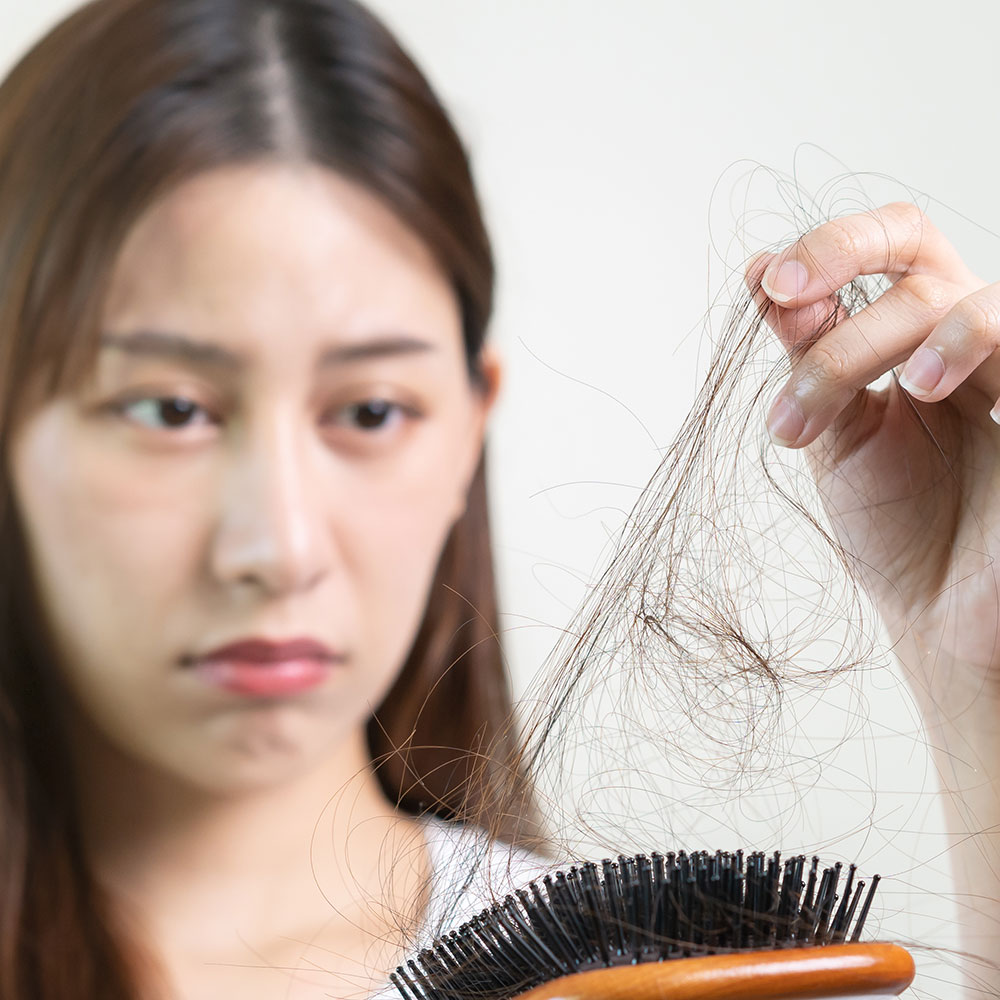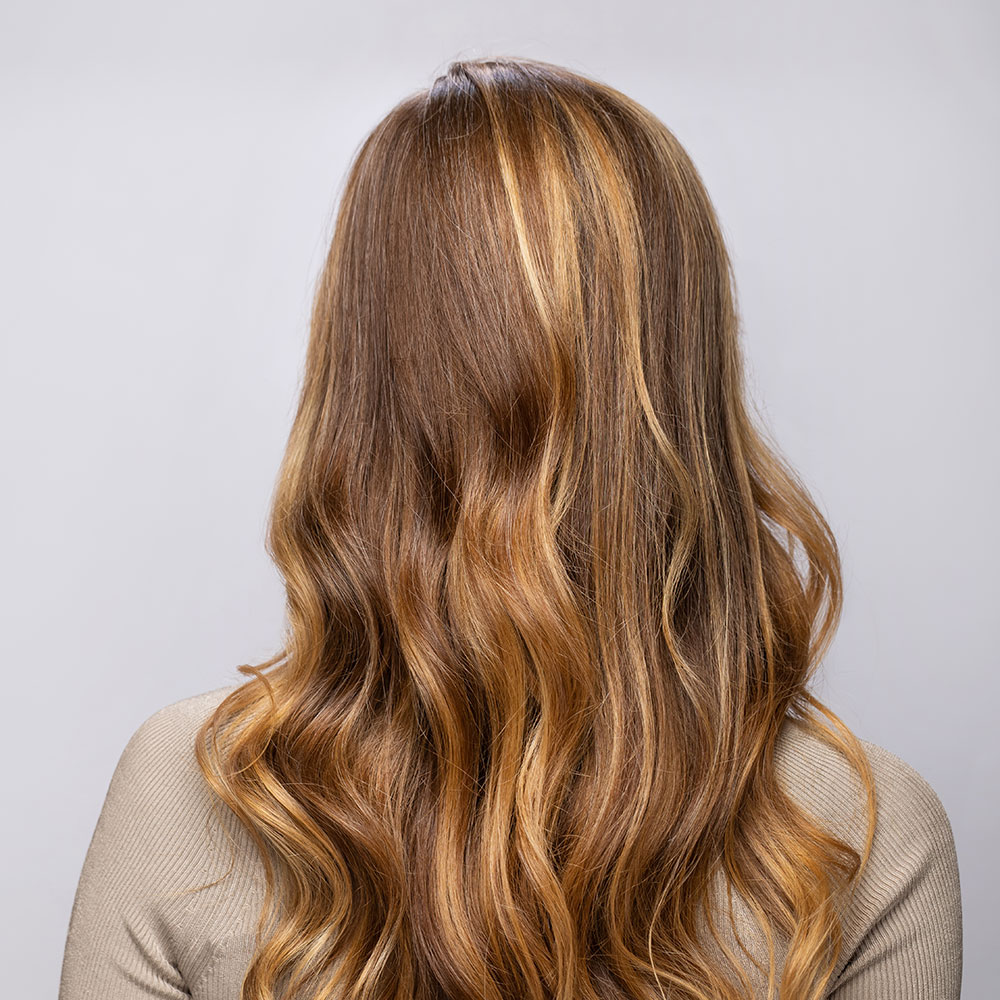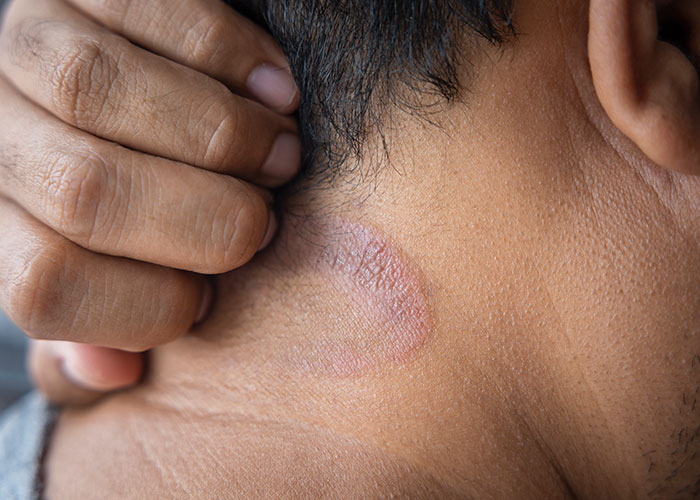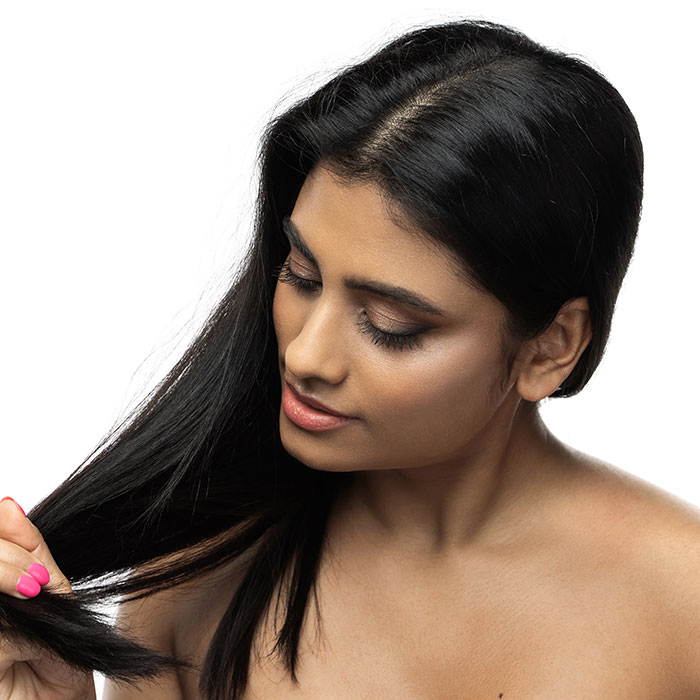HAIR CARE
HAIR FALL
Hair fall, also known as hair loss or alopecia, is a common concern for many people. There are various causes of hair fall, and it can affect both men and women. Here are some common causes and tips for managing hair fall:
- Genetics: One of the most common causes of hair fall is genetics. If your family has a history of hair loss, you may be genetically predisposed to it. There’s not much you can do to prevent this, but there are treatments available to slow down or manage hair loss.
- Hormonal Changes: Hormonal changes can lead to hair fall. This can happen during pregnancy, childbirth, menopause, or if you have a hormonal disorder like polycystic ovary syndrome (PCOS). Managing the underlying hormonal issue can help with hair loss.
- Stress: High levels of stress can lead to hair fall. Practice stress-reduction techniques like meditation, yoga, or deep breathing exercises.
- Diet: A poor diet lacking in essential nutrients can contribute to hair fall. Make sure you’re getting enough protein, vitamins (especially biotin and vitamin D), and minerals like iron and zinc in your diet.
- Medical Conditions: Certain medical conditions, such as thyroid disorders, autoimmune diseases, and scalp infections, can cause hair loss. Treating the underlying condition may help with hair regrowth.
- Lifestyle Factors: Smoking, excessive alcohol consumption, and poor sleep can contribute to hair loss. Quitting smoking, moderating alcohol intake, and getting enough sleep can help.

HAIR GROWTH
Hair growth is a natural process, and there are several factors that can influence how quickly and healthily your hair grows. If you’re looking to promote hair growth, here are some tips and considerations:

- Nutrition: A balanced diet rich in essential nutrients can significantly impact hair growth. Make sure you’re getting enough protein, vitamins (particularly biotin and vitamin D), and minerals like iron and zinc. Foods like eggs, fish, nuts, leafy greens, and lean meats can contribute to healthy hair growth.
- Scalp Health: A healthy scalp is crucial for hair growth. Keep your scalp clean and free from excess oil and dandruff. You can use a mild, pH-balanced shampoo and conditioner to maintain scalp health.
- Regular Hair Care: Avoid excessive use of hair products, heat styling tools, and tight hairstyles that can damage your hair and slow down growth. Gently detangle your hair and avoid vigorous rubbing when drying.
- Hair Growth Supplements: Some people find hair growth supplements like biotin or collagen helpful. However, it’s essential to consult with a healthcare provider before starting any new supplements to ensure they are appropriate for you.
- Avoid Stress: Chronic stress can disrupt hair growth cycles. Practice stress-reduction techniques such as meditation, yoga, or mindfulness to manage stress levels.
- Regular Exercise: Exercise increases blood flow to the scalp, which can help promote hair growth. Aim for a regular fitness routine.
SCALP PSORIASIS
Scalp psoriasis is a skin condition that affects the scalp and often extends to the hairline, forehead, and neck. It is a chronic autoimmune disorder characterized by the rapid growth of skin cells, leading to the formation of thick, silvery scales and red patches on the scalp. Here are some key points about scalp psoriasis:
- Symptoms: Scalp psoriasis can vary in severity. Common symptoms include red patches of skin covered with silvery scales, itching, burning or soreness, dry scalp, and in some cases, hair loss.
- Causes: The exact cause of psoriasis is not fully understood, but it is believed to be related to an overactive immune system. Genetic factors also play a role, as psoriasis tends to run in families.
- Triggers: Certain factors can trigger or worsen scalp psoriasis, including stress, infections (such as strep throat), cold weather, and certain medications.
- Diagnosis: A dermatologist can usually diagnose scalp psoriasis by examining the affected area. In some cases, a skin biopsy may be performed to confirm the diagnosis.
- Treatment: There is no cure for psoriasis, but various treatments can help manage the symptoms and reduce flare-ups.

HAIR TREATEMENT & CARE
Ayurveda, the traditional system of medicine that originated in India, offers a holistic approach to hair treatment and care. Ayurvedic hair treatments focus on balancing the body, mind, and spirit to promote overall well-being, which in turn can lead to healthier hair. Here are some Ayurvedic principles and practices for hair treatment:

- Determining Your Dosha: Ayurveda categorizes individuals into three main doshas – Vata, Pitta, and Kapha. Identifying your predominant dosha can help tailor your hair care routine to your unique constitution and needs.
- Balancing Doshas: Ayurveda emphasizes the balance of doshas for overall health. Hair issues are often attributed to imbalances in these doshas. For example, excess Pitta dosha can lead to premature graying and hair loss, while an imbalance in Vata dosha can result in dry, brittle hair. An Ayurvedic practitioner can recommend dietary and lifestyle changes to balance your doshas.
- Diet and Nutrition: Proper nutrition is crucial for healthy hair. Ayurveda recommends consuming foods that are nourishing and supportive of your dosha. For example, people with excess Pitta may need to avoid spicy and oily foods, while those with Vata imbalances should focus on warm and grounding foods.
- Scalp Massage (Abhyanga): Regular scalp massages with warm oils, such as coconut, sesame, or almond oil, can improve blood circulation, nourish the hair follicles, and promote hair growth. The choice of oil can depend on your dosha and specific hair concerns.
